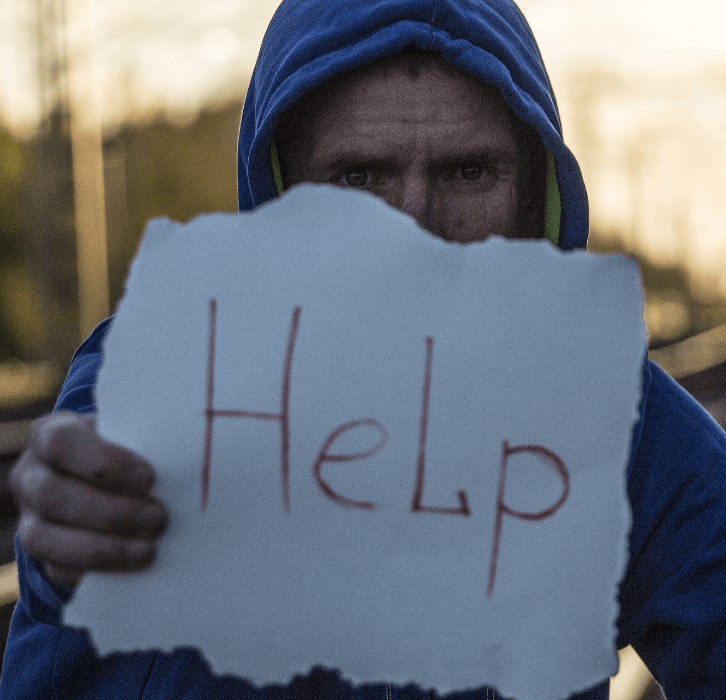According to the CDC, at least 3 in 20 students in a typical high school classroom have seriously considered taking their lives in the past year. With teen depression and suicidal ideation on the rise in these digital times, we’re likely to see these numbers increase.
Will we know what to say if that student, friend, or neighbor reaches out to us? Will we be able to help?
4 things to ask if you suspect someone is suicidal
Many times, a depressed or suicidal friend won’t approach you directly to ask for help. If you notice a significant change in someone’s behavior (they seem withdrawn, down, disengaged, or angry, for example), then you might want to initiate a conversation with one or more of these questions.- You don’t seem yourself lately. [Add observational details]. Are you all right?
- I’m concerned because I’ve noticed a change in you. [Add observational details]. What’s going on? What might help you feel better?
- You seem upset. Do you need to vent? I’m here for you. I’ll listen.
- You seem to be going through something tough. What can I do to support you ?
How to show you care
-
Are you thinking of taking your life right now?
-
When did you start feeling this way?
-
I care about you and I’m here to help.
-
Have you considered getting professional help?



